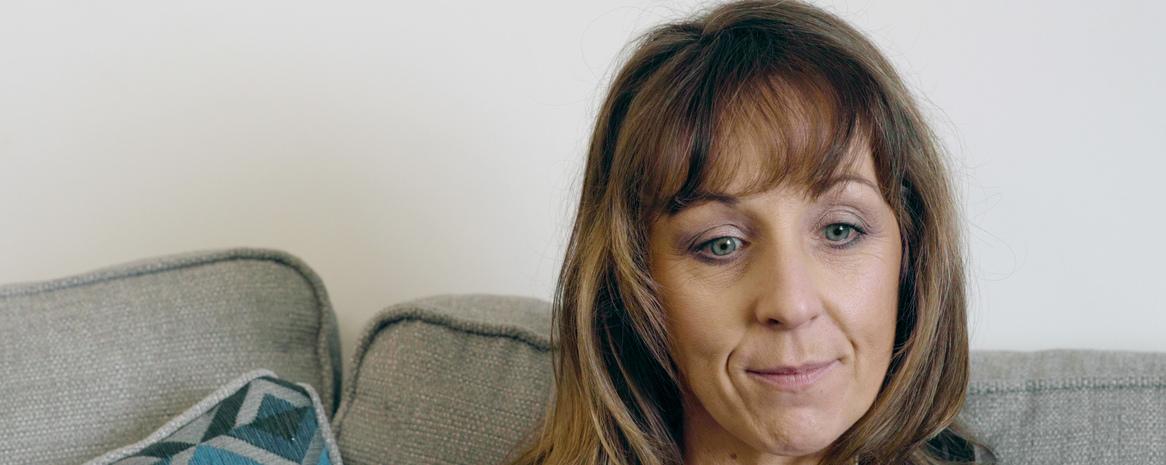Driving my studies
My experience sparked an interest in the intersection between physical health and mental well-being, especially in the context of comorbid conditions. I went on to complete a first-class honours degree in criminology and am now pursuing a master’s degree in psychology at the University of Sussex.
My dream is to undertake a PhD focusing on the psychological impact of a type 1 diabetes diagnosis. I want to research the cohort I relate to most, many of whom navigated this life-altering diagnosis in isolation during the pandemic. There is so much to unpack – how diagnoses can affect identity and self-esteem, how individuals adjust to life with a chronic condition, struggle with weight issues, and deal with the internal and external stigmas they may face.
I know there will be many others like me, diagnosed during the pandemic, in lockdown, away from friends, with anxiety through the roof. I feel this is more than just an academic interest; it’s a deeply personal passion that I’m truly committed to.
Moving forward
I look back now and realise that everything I hated, the injections, the numbers, the grief, the weight gain, the isolation, led me here. To a place where I am working towards something I care about deeply. I’m committed to sharing this journey as widely as possible, so no one has to feel as lost as I once did.
This is something I want to spread awareness about, not just for myself, but for every newly diagnosed person sitting in a hospital room, hearing the words, “You have type 1 diabetes”, and wondering what comes next.
Reach out for support
If you are affected by the topics highlighted within this story or other stories on our website, you can access support from our helpline team on 0345 122 2399, Mon- Fri, 9am- 6pm, or email helpline@diabetes.org.uk.
You can join our free Support Forum – to connect with others affected by diabetes (Minimum age 13). For more information, see Forum FAQs. For those aged 11-25 living with type 1 diabetes, check out our youth programme Together Type 1 for a supportive community of people who understand what it’s really like juggling the ups and downs of life with diabetes.




